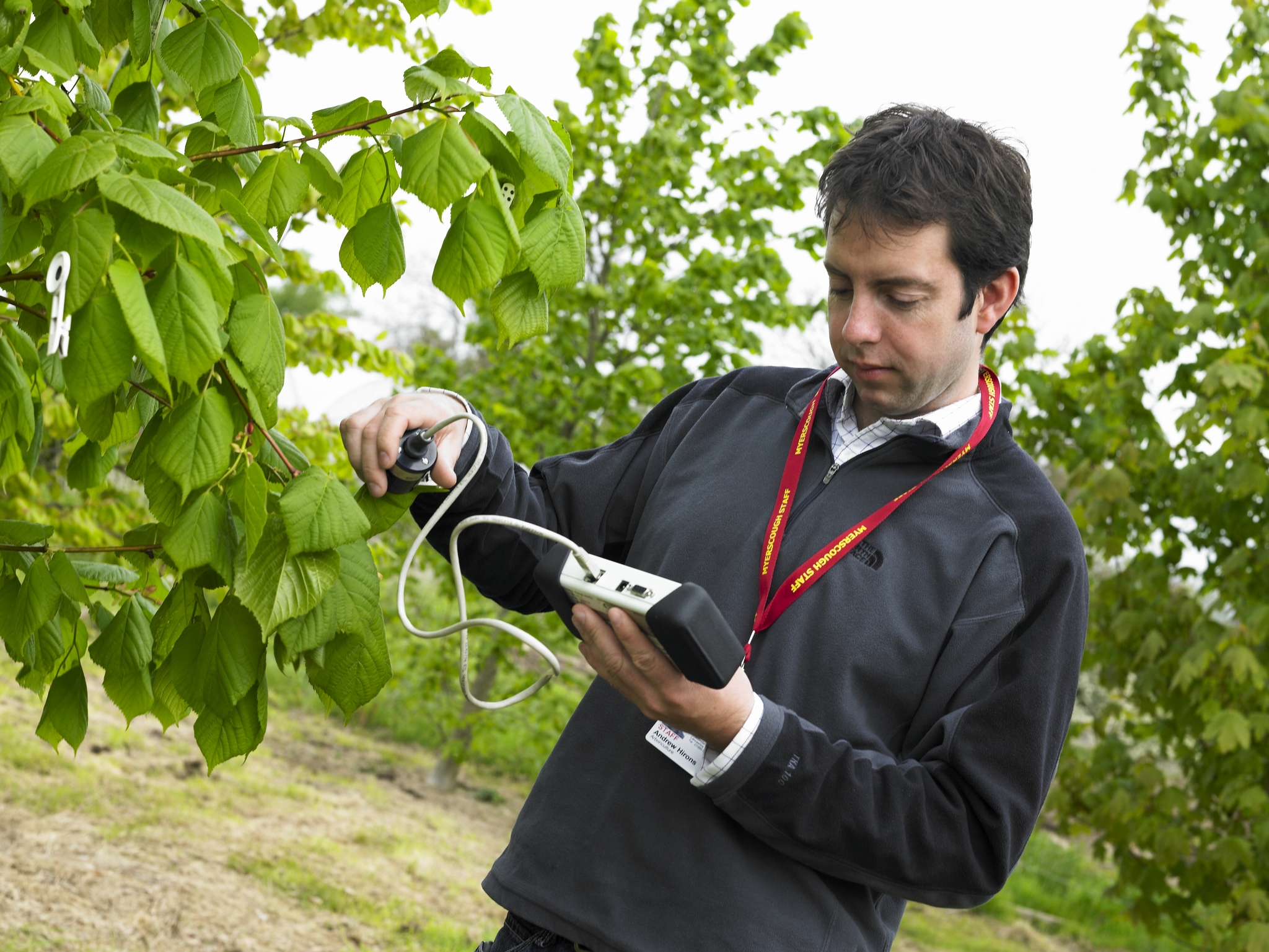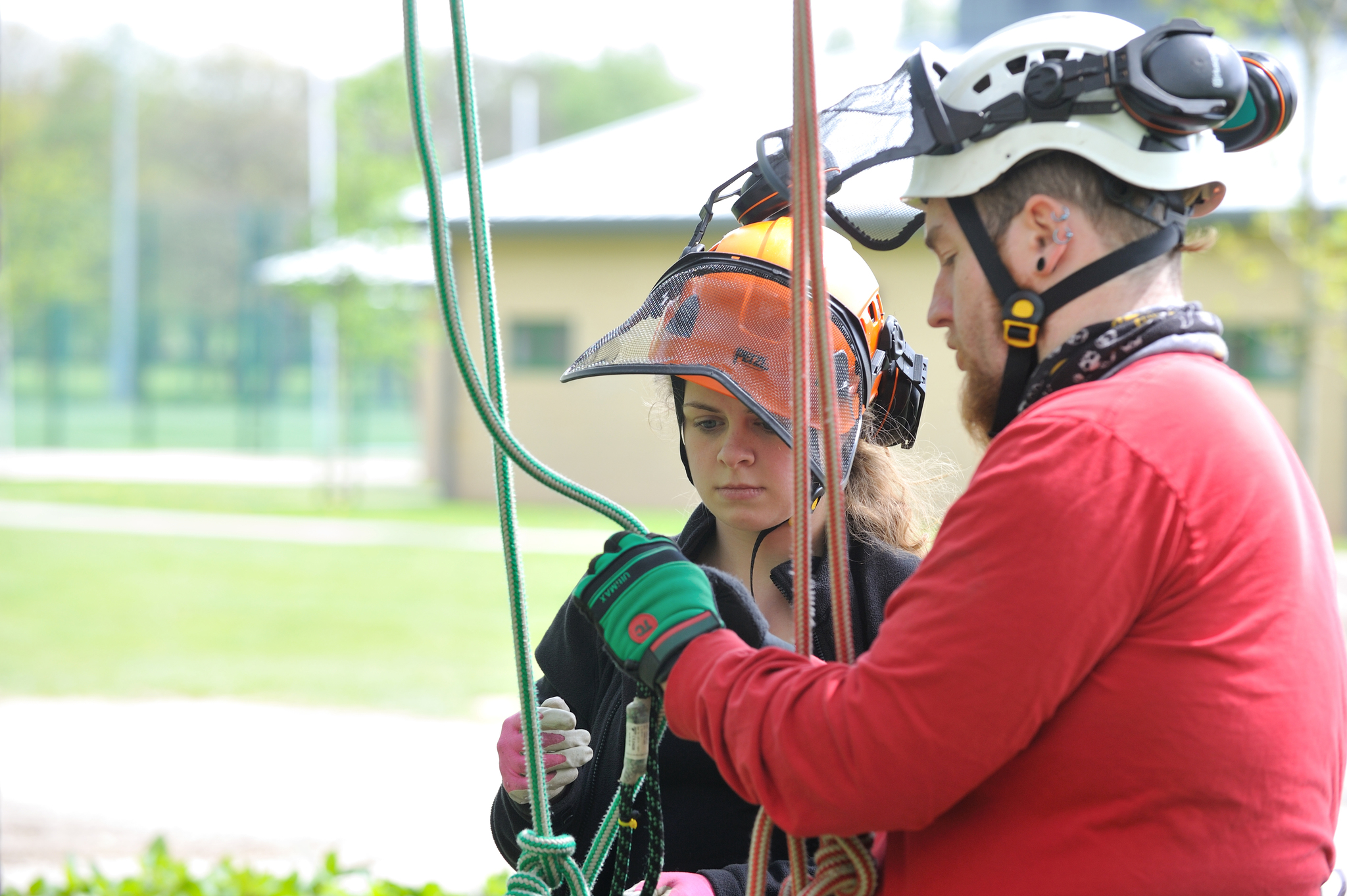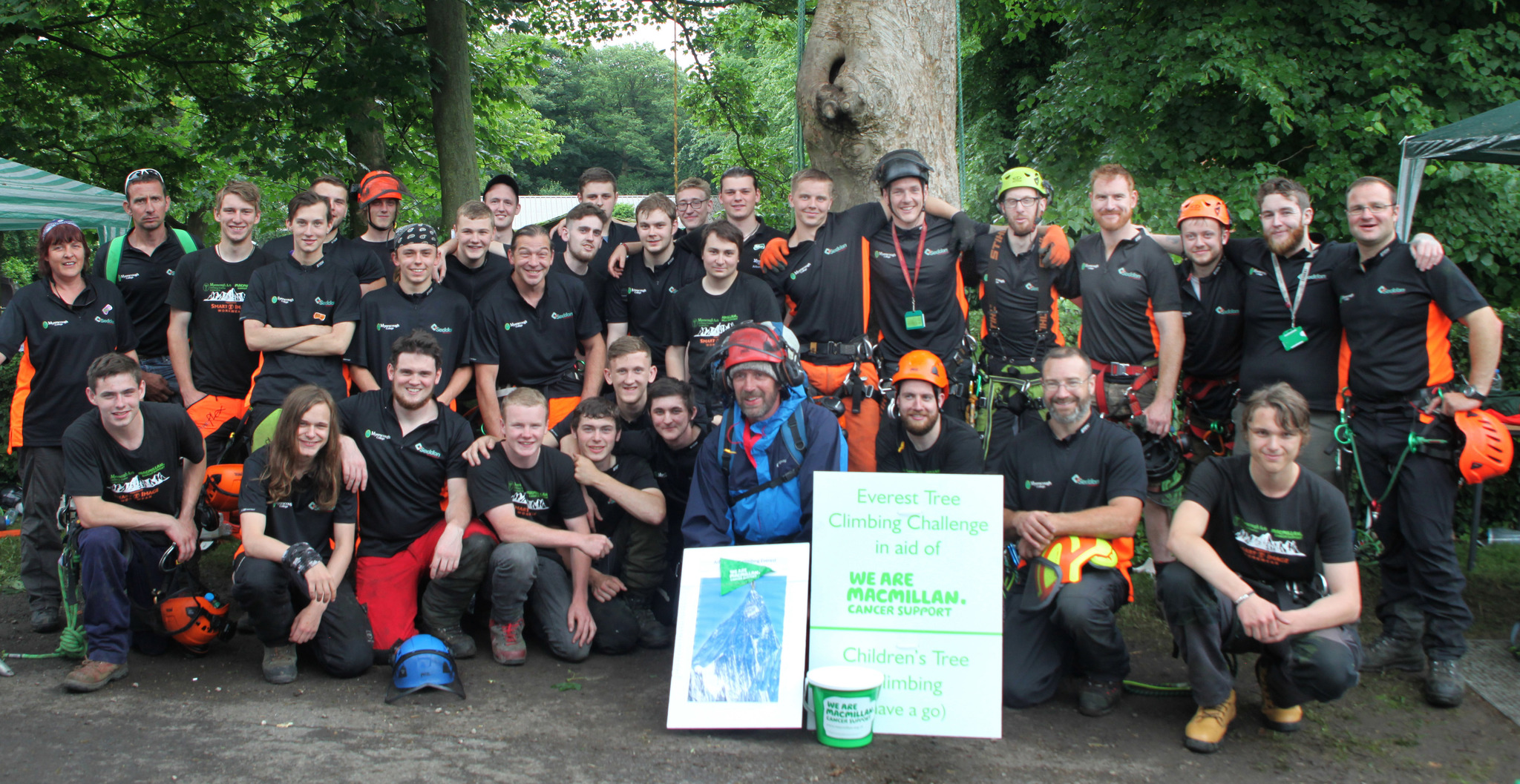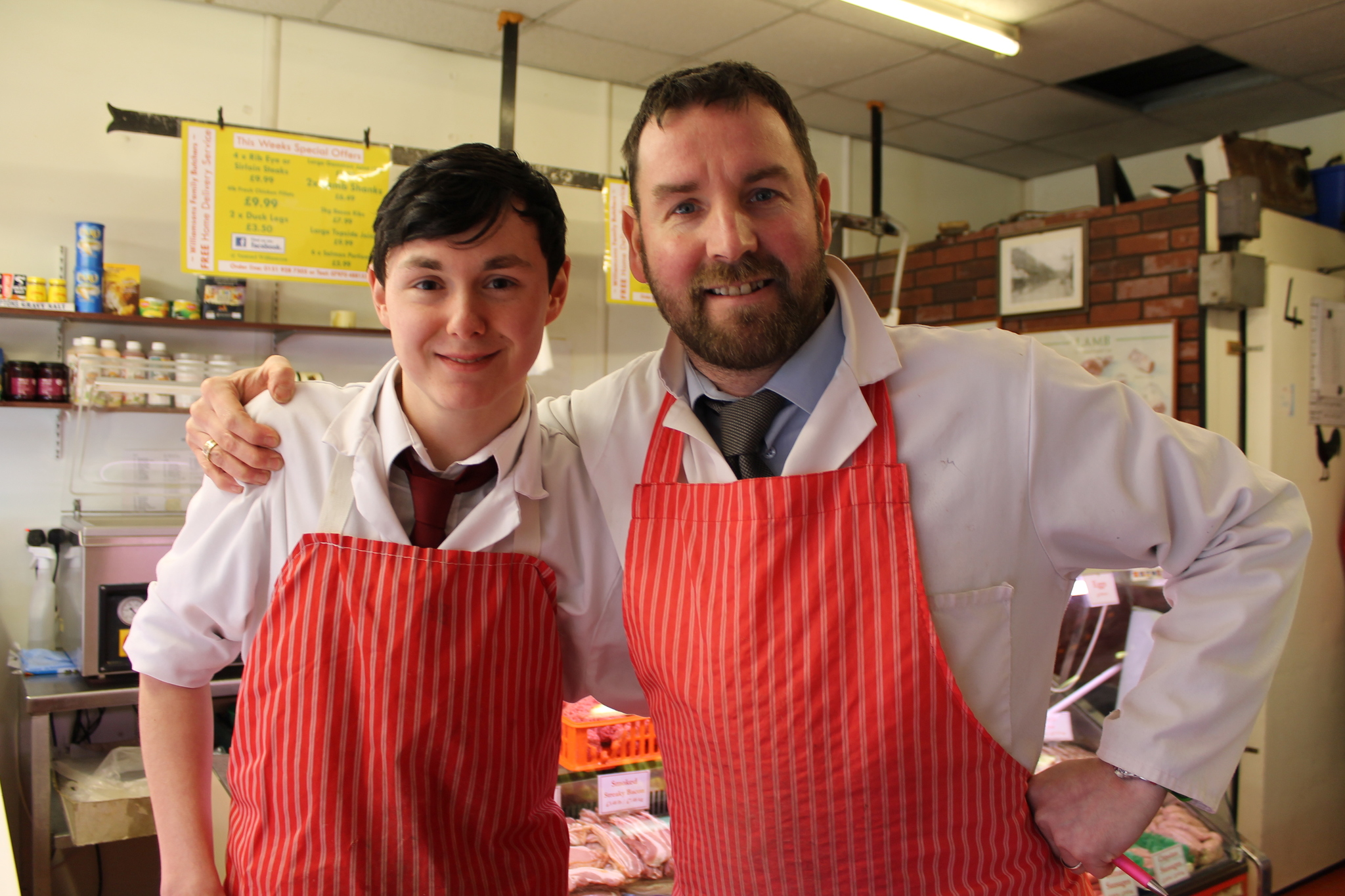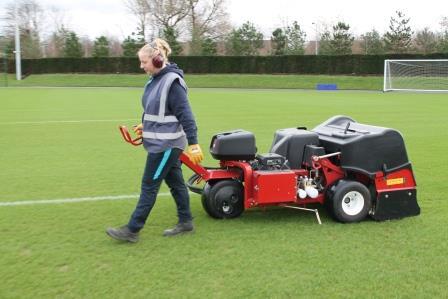Entry requirements & additional information
Entry requirements
Entry Criteria
A potential Level 2 apprentice:
Must be aged 16 or over & have officially left school.
Must be employed (NOT self-employed) in the relevant occupational sector, working a minimum of 30 hours per week.
An individual can only undertake an apprenticeship at the same or lower level than a qualification they already hold, if this allows the individual to acquire substantive new skills and the content of the training is materially different from any prior training or a previous apprenticeship.
Must have the right to work in England & spend at least 50% of their working hours in England over the duration of the apprenticeship.
Must be a citizen of a country with in the European Economic Area (EEA) or have the right of abode in the UK AND have been ordinarily resident in the EEA for at least the previous 3 years on the first day of learning.
All Apprenticeships require Initial assessment, vocational skills scan, an interview and employment in the industry.
*Typically, an applicant will have attained a minimum of 4 GCSE grades D-G** or 3-1 including both Maths and English.
Functional Skills Level 1 will be accepted as an alternative to GCSEs.
Exceptional entries will be considered for all Apprenticeships at the discretion of the college based on experience, successful interview and outcomes of Initial and Diagnostic assessments for English and Maths to establish current levels of ability
Learners with additional learning support needs please contact us to discuss your individual circumstances.
** This change will apply to both new starts from 1 August 2024 and apprentices who are currently on-programme.
Learning and assessment
Theory work & learning materials delivered online with photographic, video & audio evidence being collected through the Onefile E-Portfolio platform, supported by off site technical training one day per fortnight at Myerscough College.
The employer will have access to their apprentices Onefile E-Portfolio so they can monitor progress & work that has been set by the tutor.
The qualification is made up of a number of mandatory units designed to have maximum relevance to the job & integrate with day to day responsibilities.
An employer must allow an apprentice 20% of their working week to undertake work required to complete their apprenticeship (this is a legal requirement) & will include any college attendance required.
There will be an end point assessment, conducted by an independent assessor.
The End Point Assessment will contain 4 components, all components must be passed for the apprentice to meet the apprenticeship standard and will consist of:
- Holistic project
- Online multiple choice knowledge tests
- Practical tests
- Structured Interview
There will be 2 levels of achievement: Pass and Distinction
In the unlikely event of an apprentice needing to resit an End Point Assessment (or elements of the End Point Assessment), then the employer will be responsible for funding these additional costs.
Progression
Apprentices successfully completing the Level 2 Apprenticeship have opportunities to progress within the industry by continuing onto the Level 3 Apprenticeship in Arboriculture or other Further Education courses.
Careers
Typical jobs apprentices will be able to progress onto on completion of this Apprenticeship will depend on the qualifications and experience gained, but could include: Tree Surgeon, Forestry Worker, Woodsman.
Latest news, Arboriculture
Latest news, Arboriculture
-
Myerscough arboriculture in spotlight on International Day of Forests
- Published
- Friday 21 March
-
Arbor Day UK – celebrating a vital global industry
- Published
- Monday 17 February
-
#NAW2025: Myerscough to launch new innovative forestry apprenticeship
- Published
- Monday 10 February
-
Cherry trees planting launches Myerscough’s Arbor Day 2025
- Published
- Tuesday 28 January
-
Get ready for Myerscough’s Careers Showcase
- Published
- Wednesday 22 January
-
National Tree Week: Branching out with an arboriculture study programme
- Published
- Monday 25 Nov 2024

